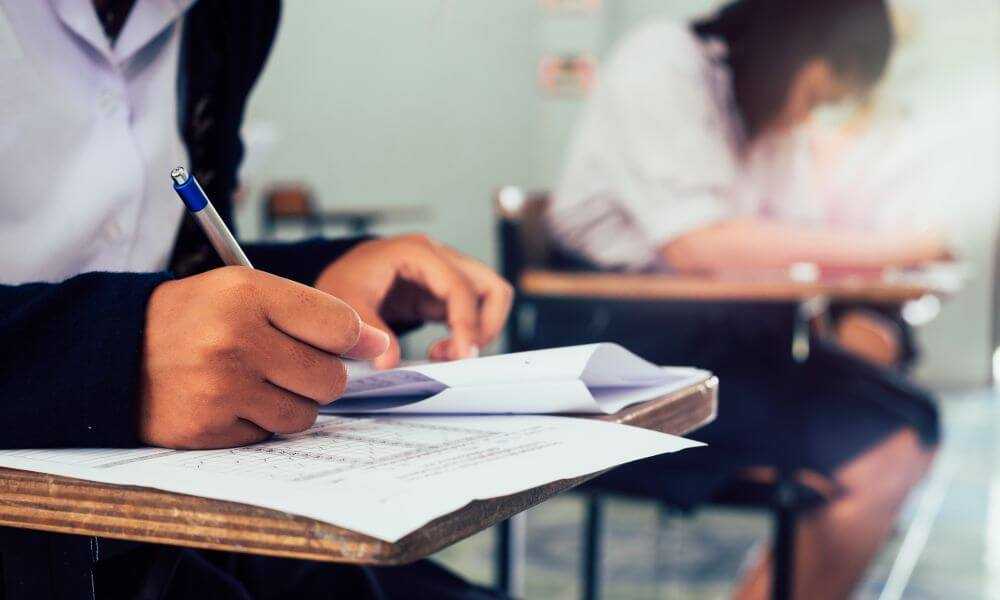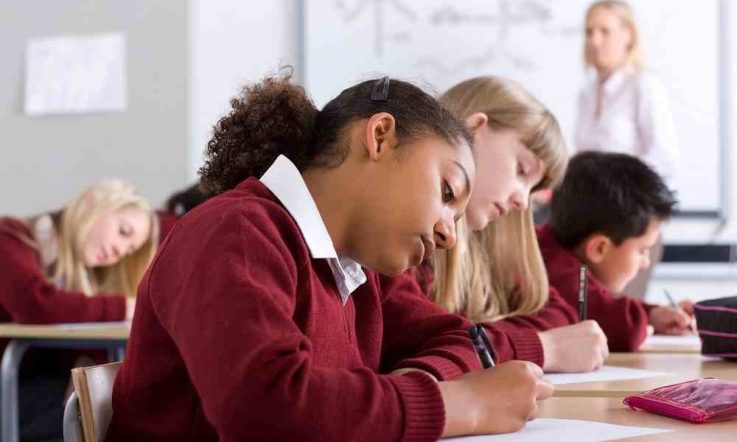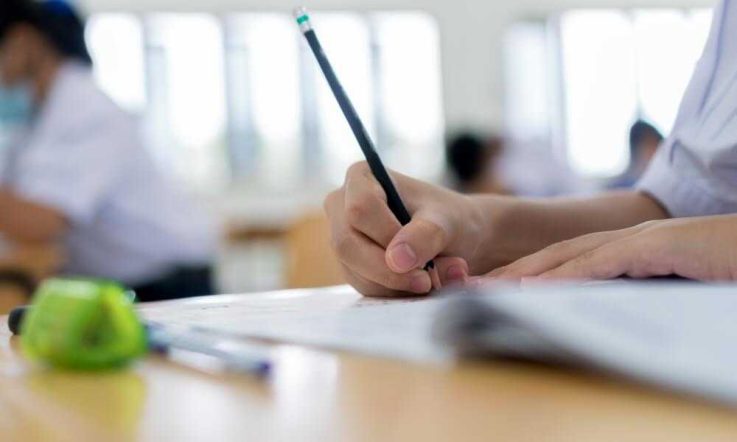Previous exposure to similar mathematics tasks that appear in assessments significantly increases student mathematical self-efficacy and confidence, a new Australian Council for Educational Research (ACER) report highlights.
Released yesterday, the latest issue in ACER’s Snapshots series looks at data from the most recent cycle of the OECD’s Programme for International Student Assessment (PISA). The report (Underwood, 2025) examines 15-year-old students’ mathematical self-efficacy and the level of confidence they feel when undertaking formal and informal applied mathematics tasks. It also reports on gender differences in these areas.
Overall, it reveals that while less than 50% of students reported mathematics is one of their favourite subjects, over 90% reported wanting to do well in the subject.
‘For mathematics, self-efficacy is crucial in a person’s approach to learning and engaging with mathematical concepts,’ report author Catherine Underwood explains. ‘Students with high mathematical self-efficacy embrace challenges, employ effective problem-solving strategies, and persevere despite difficulties. Conversely, those with low self-efficacy may avoid tasks, experience anxiety, and ultimately underperform due to a lack of confidence in their maths abilities.’
Snapshots analyses findings from ACER’s global education studies that Australian schools, students and teachers participate in, and each report focuses on a single issue of interest to Australian teachers and school leaders.
As Teacher reported last year (Earp, 2024), international PISA 2022 insights have shown that, on average across the OECD, the percentage of students who ‘agreed’ or ‘strongly agreed’ that they get very nervous when doing mathematics problems increased from 31% in 2012 to 39% in 2022; in Australia, the increase was from 29% to 35%.
Exposure to mathematics tasks increases confidence
Specific areas in mathematics where students feel less confident are identified in the Snapshot. PISA 2022 asked students how often they had encountered 9 different kinds of mathematical tasks at school, and according to the Snapshot, data show a strong connection between how confident students feel about being able to solve specific formal and applied mathematics tasks and whether they’d had exposure to similar tasks in class.
Students who reported they felt ‘confident’ or ‘very confident’ about being able to solve the mathematical tasks presented to them, and who said they had frequently encountered them, showed similar levels of confidence in being able to solve 7 out of the 9 tasks.
‘When they encounter problems that resemble ones they have previously solved, students are more likely to draw on their prior knowledge and problem-solving strategies,’ the report reads. ‘This familiarity reduces anxiety and boosts confidence, creating a positive feedback loop where increased confidence encourages more practice and exploration of mathematical concepts. Exposure to similar tasks also allows for skill reinforcement.’
Gender differences
While female and male students showed similar levels of confidence solving formal mathematics tasks, such as equations, differences between confidence levels of male and female students were observed with applied mathematics tasks.
The largest gaps in confidence between genders were observed in calculating how much more expensive a computer would be after adding tax (51% of females reported being ‘confident’ or ‘very confident’ about doing this task, compared to 71% of males); calculating the power consumption of an electronic appliance per week (40% of females, compared to 60% of males) and finding the actual distance between 2 places on a map with a 1:10,000 scale (39% of females, compared to 61% of males).
To find out more, download Snapshots issue 19: Confidence, gender and mathematics in PISA, here.
References
Earp, J. (2024, December 2). PISA 2022 insights: Student questions, mathematics anxiety and homework. Teacher. https://www.teachermagazine.com/au_en/articles/pisa-2022-insights-student-questions-mathematics-anxiety-and-homework
Underwood, C. (2025, February 18). Snapshots issue 19: Confidence, gender and mathematics in PISA. Snapshots. 19(19) https://research.acer.edu.au/snapshots/vol19/iss19/1
Think about the most recent mathematics assessment your students completed. Did you provide them with opportunities to work through similar mathematics tasks before the assessment? What other strategies do you use to reduce student mathematics anxiety?



